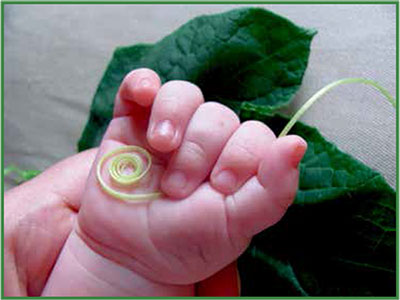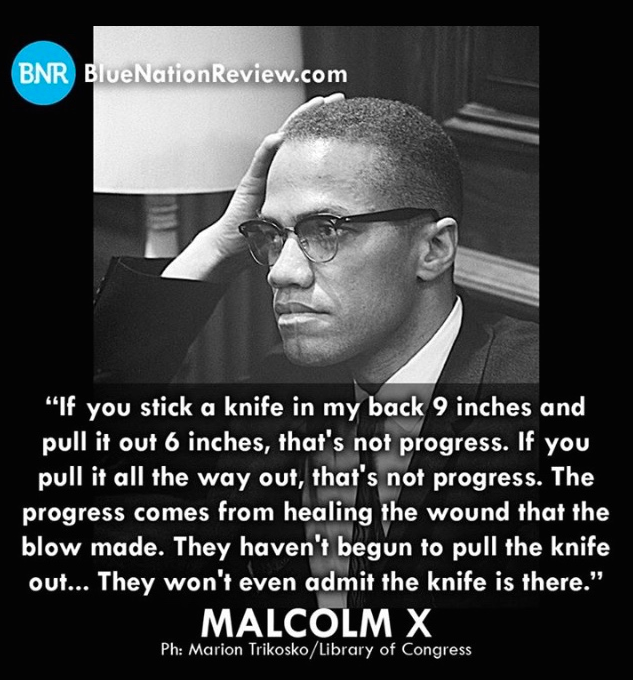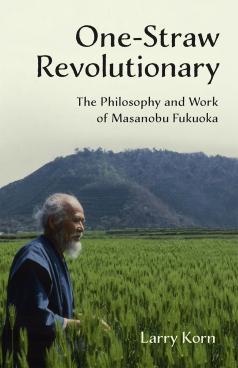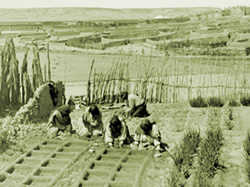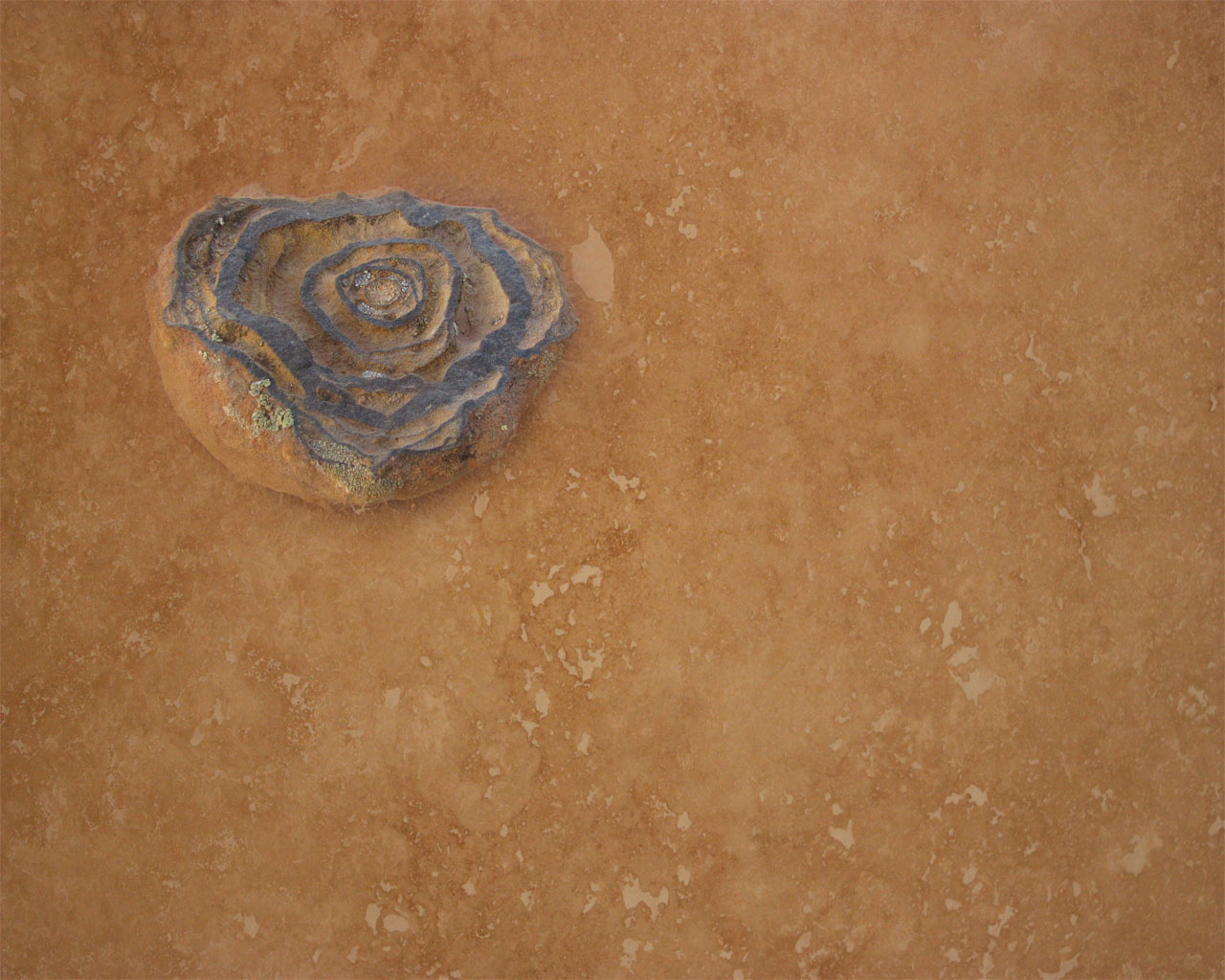Articles
Lead Like a Leaf
“Cells rely heavily on the code of DNA for development, but they also need a sense of place to do their work. Indeed, the code is utterly worthless without the cell’s ability to determine its place in the overall organism, a feat that is accomplished by the elegant strategy of paying attention to one’s neighbors. Continue Reading »
[ Read More → ]Tending the Wild
Here is a wonderful documentary on Indigenous relationships with the land. Please watch: https://www.kcet.org/shows/tending-the-wild. Share this post!
[ Read More → ]Colonization Diminishes Us All
“The most potent weapon in the hands of the oppressor is the mind of the oppressed.” —Steven Biko The unseen is always more powerful than what is seen. Small changes in the underlying patterns that organize everything can have large effects, whether it is in our DNA, our culture, or in our minds. This Continue Reading »
[ Read More → ]Non-Doing Mind
Last summer in Maine, my wife Erin laughingly pointed out a boutique having a sale on little packets of seed balls, She said,” Isn’t it ironic that a man who focused on not-doing is known for the ways of doing that he developed? She was referring of course to Japanese farmer Masanobu Fukuoka who developed Continue Reading »
[ Read More → ]SW Permaculture tour
My family and I did a permaculture tour of the Four Corners region last month. First we spoke and facilitated a food forest design for a community park in Boulder UT. After driving through amazing spring wildflowers in Capitol Reef National Park we returned to Moab for the fifth year to work with the wonderful Continue Reading »
[ Read More → ]The Border Between Us and It
The key to all of our problems is knowing where and how we belong…within nature. No matter how clever they are, so long as we are outside doing things to the living world, all of our ecological efforts are manipulations. We are engineers or operators rather than members. Only when we enter the world can Continue Reading »
[ Read More → ]Designing Sytems not Structures
Permaculture is about designing connections. This is because nature is a self-weaving web of relationships. It is the connective tissue that holds any community together. Our lives depend on the relationships we create. Like a hammock they hold us when we need it most and they enable the communication that we need to know and Continue Reading »
[ Read More → ]Zuni Water Harvesting Techniques
Joel Glanzberg is a palaeohydrologist — he studies water use of ancient American Indians in the Southwest. He says the Zuni in New Mexico used sunken beds called “waffle gardens” for growing high-value crops like tobacco and chiles. Modern kitchen gardens can benefit from this prehistoric technology.
[ Read More → ]Native Harvest for a Modern World ENCORE
Listen to Audio Podcast Here: [media url=”http://patternmind.org/wp-content/uploads/2013/01/MakingCon_121121_Ax.mp3″ width=”600″ height=”20″ jwplayer=”controlbar=bottom”] For centuries, the Taos Pueblo people in New Mexico lived entirely off their land. Sustainable agriculture was a way of life, but U.S. federal policies helped put an end to that. Food wasn’t grown at the pueblos; it was trucked in. Traditional farming gave way Continue Reading »
[ Read More → ]Serving the master tea
One of the things we learned last weekend with Joel Glanzberg was this motion called ‘serving the master tea.’ Basically, you start with your hands out in front of you, palms up, like you’ve got a tray filled with tea. Then you swoop them up, around and down again without flipping over your hands ever. There’s an advanced version where your arms are moving opposite directions of each other. I think that one was called ‘tripping out the master.’
[ Read More → ]




